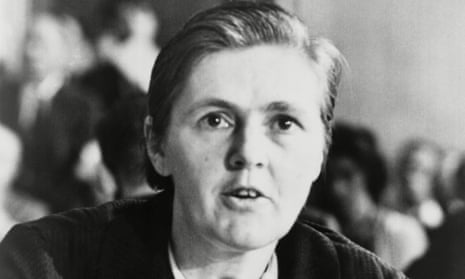Frances Kelsey, a Canadian doctor known for her tenacity in keeping the drug thalidomide off the US market, has died aged 101.
Kelsey died on Friday morning, less than 24 hours after receiving the Order of Canada in a private ceremony at her daughter’s home in London, Ontario.
Kelsey was a medical officer for the US Food and Drug Administration in the early 1960s when she raised concerns about thalidomide, a drug that was being used in other countries to treat morning sickness and insomnia in pregnant women.
After the sedative was prescribed beginning in 1950, thousands of children whose mothers took the drug were born with abnormally short limbs and in some cases without any arms, legs or hips. The birth defects were reported in Europe, Australia, Canada and Japan.
Despite pressure from the makers of thalidomide to approve the drug in the US, Kelsey refused.
On Thursday Kelsey received the insignia of Member of the Order of Canada.
Kelsey’s daughter, Christine Kelsey, said the ceremony had originally been scheduled for September but was held earlier because her mother’s health was deteriorating.
Thalidomide lawsuits have been filed across the world over the years.
In 2010 the British government officially apologised to people hurt by the drug, after earlier agreeing to pay £20m (US$31m) to thalidomide’s victims. In 2013 a class action suit by Australian and New Zealand victims of thalidomide against the drug’s British distributor Diageo Scotland Ltd was settled for A$89m.
Some victims have won compensation cases against drug producer Grünenthal Group’s distributors but the German company has long refused to agree to settlements. It officially apologised to victims in 2012.
The drug has since been researched as a possible cancer treatment.

Comments (…)
Sign in or create your Guardian account to join the discussion